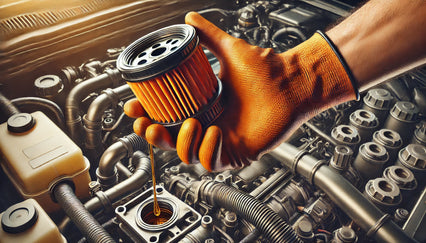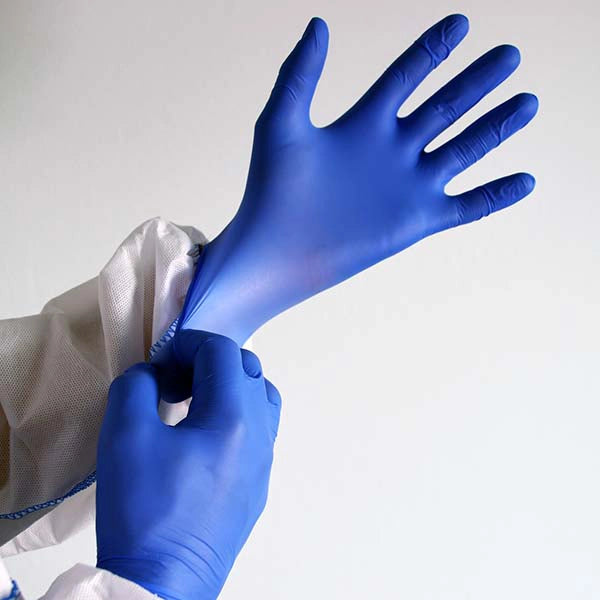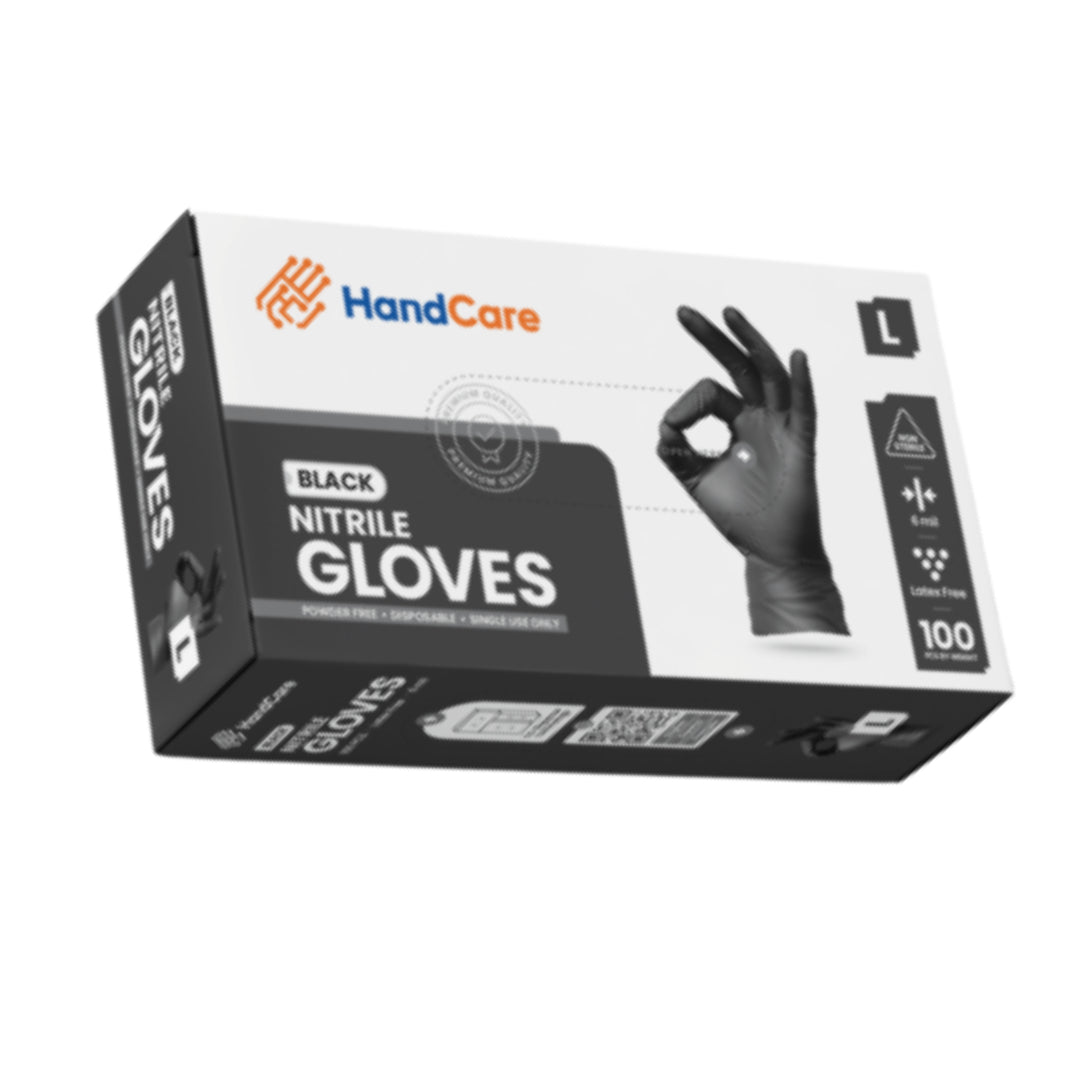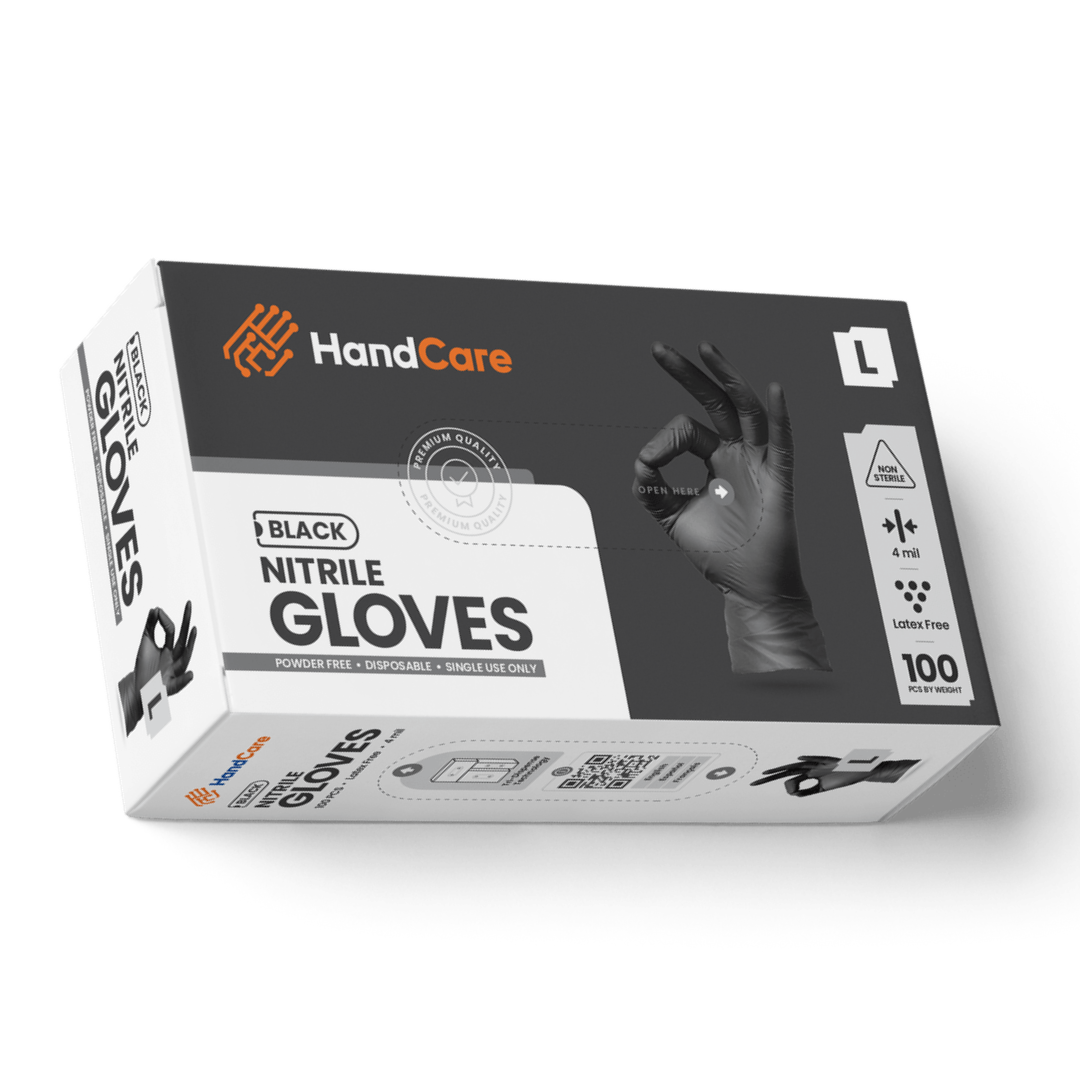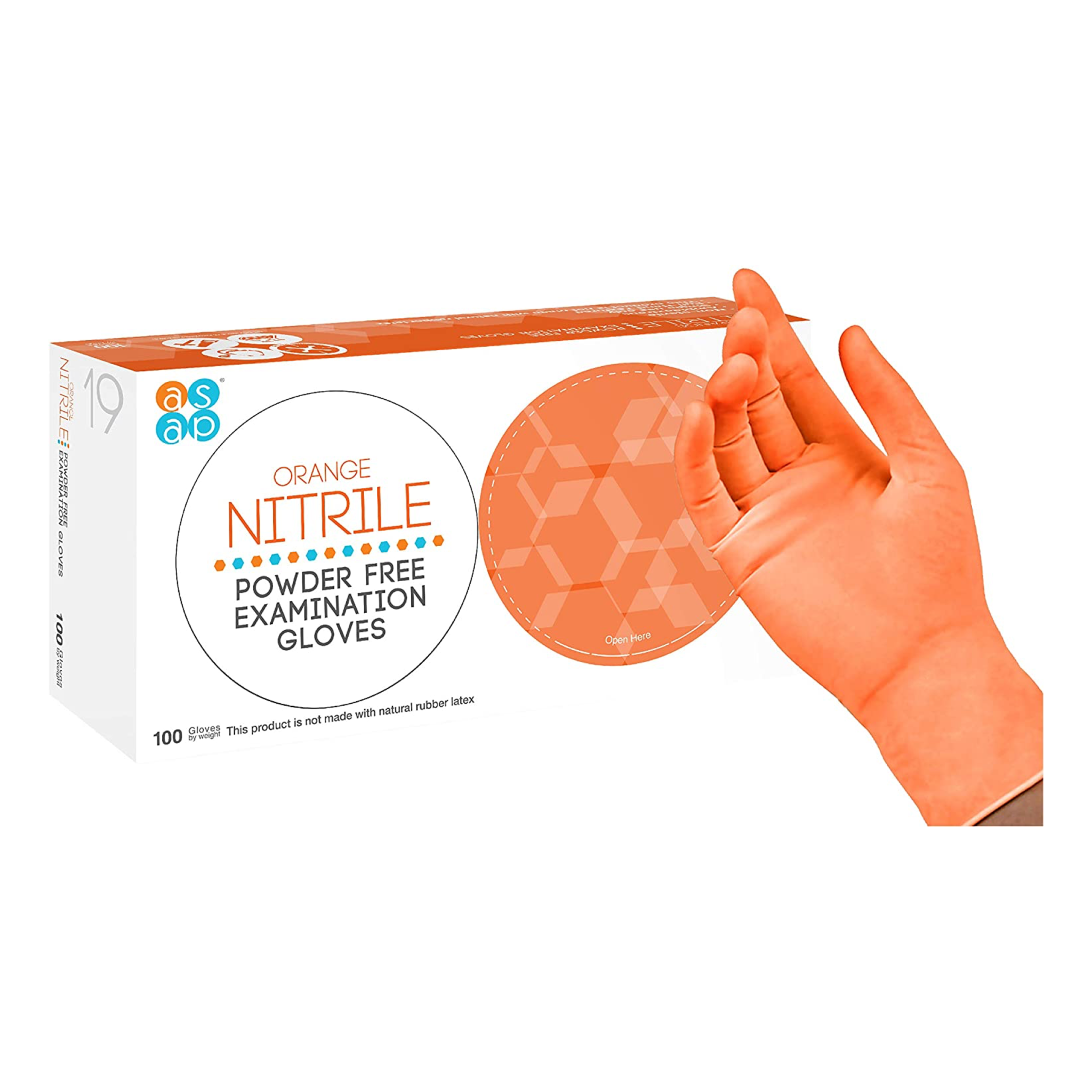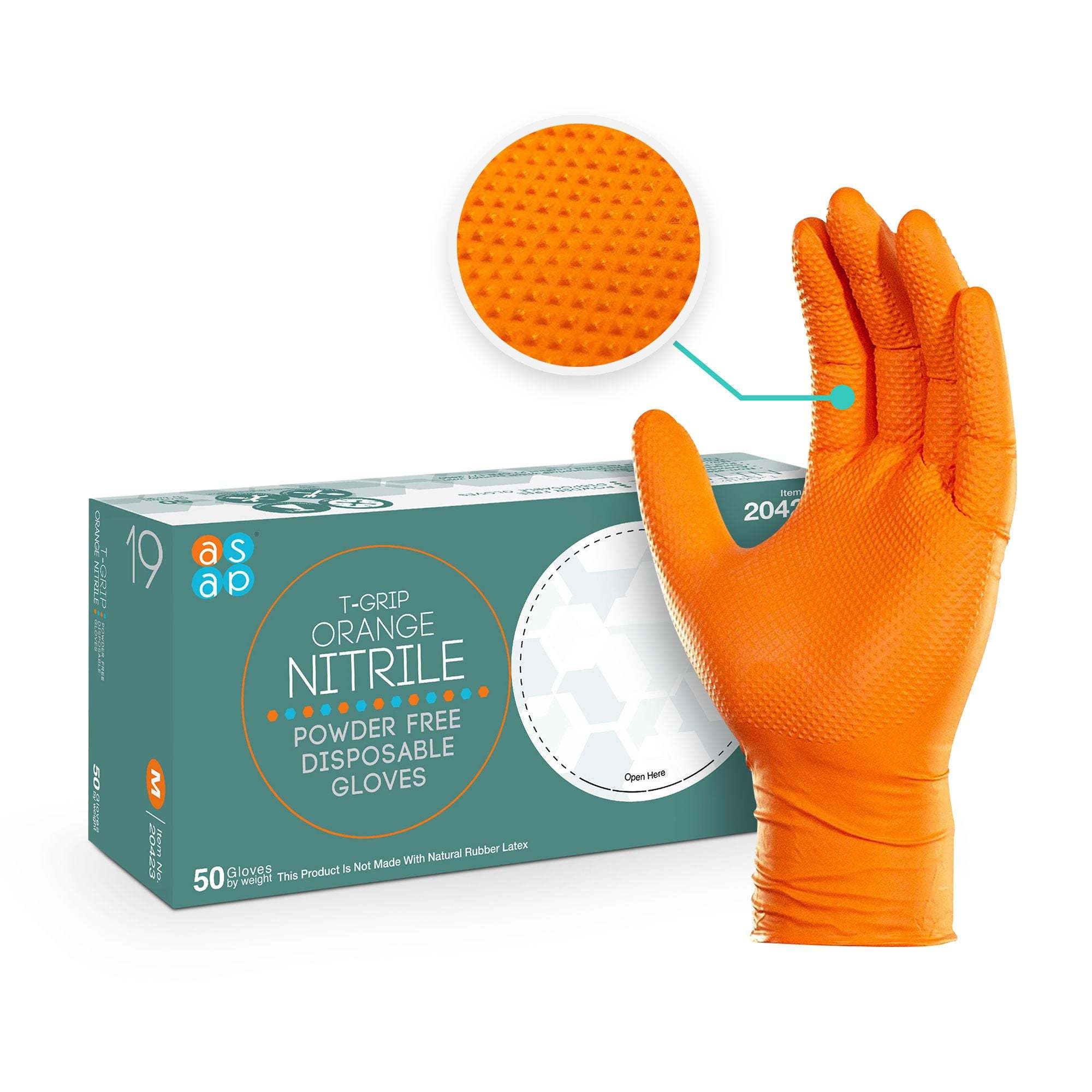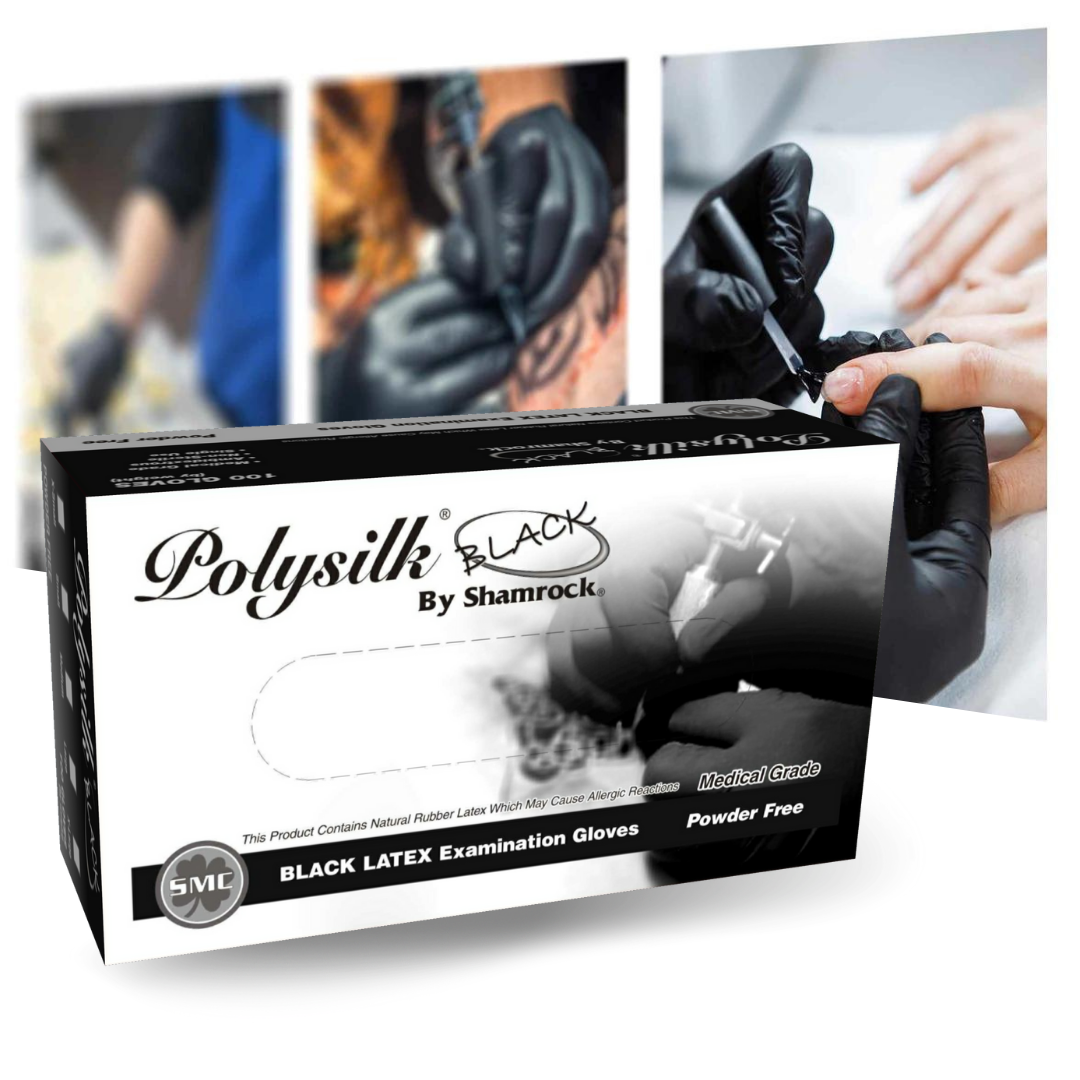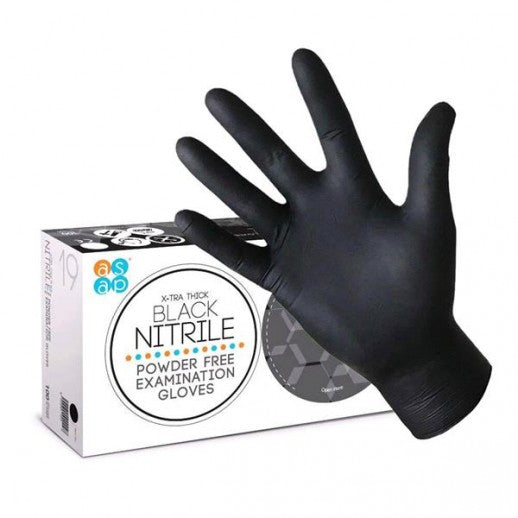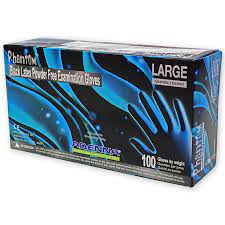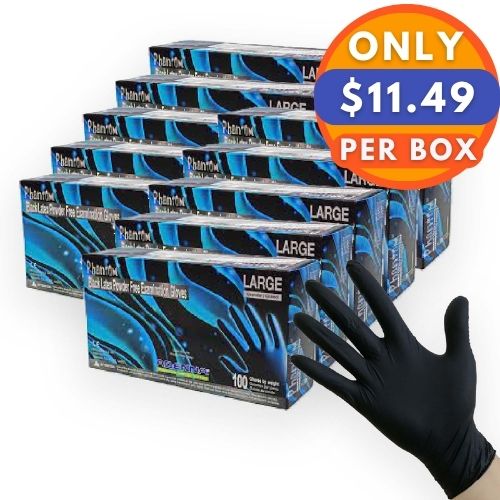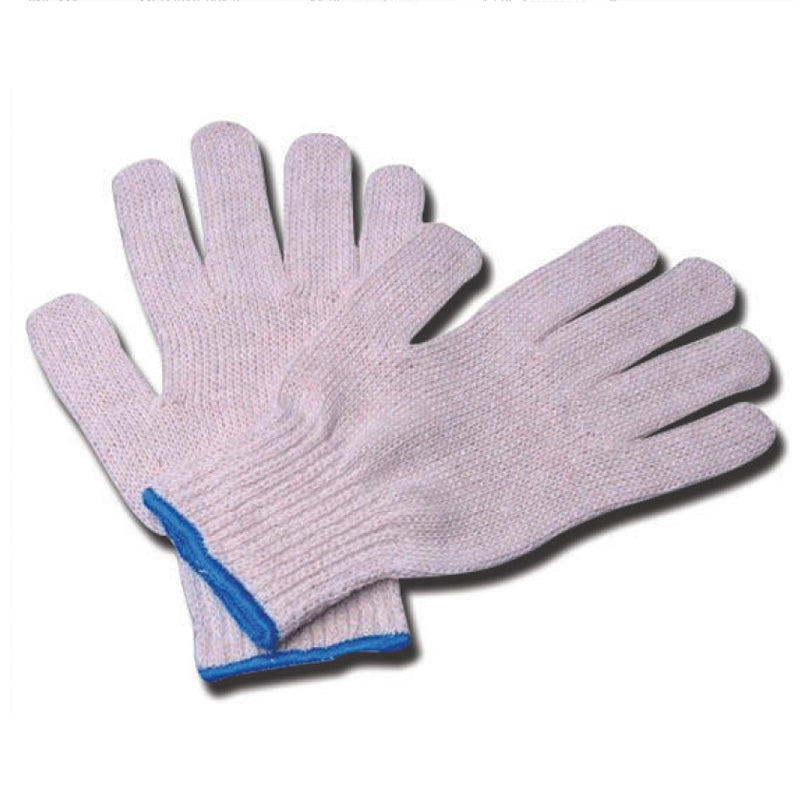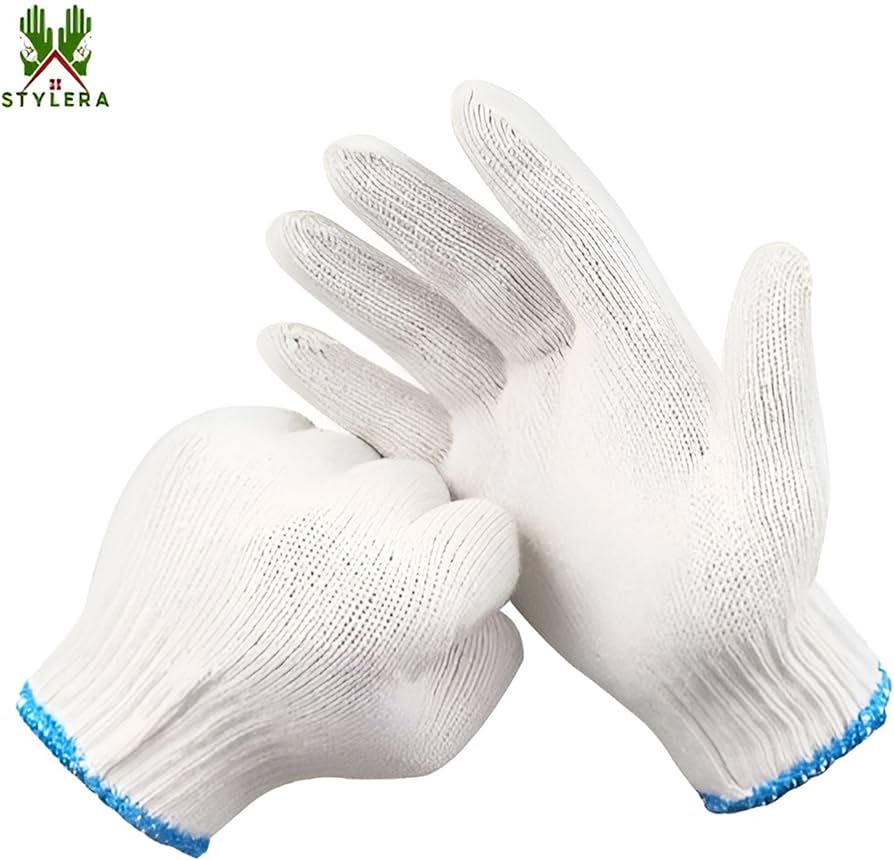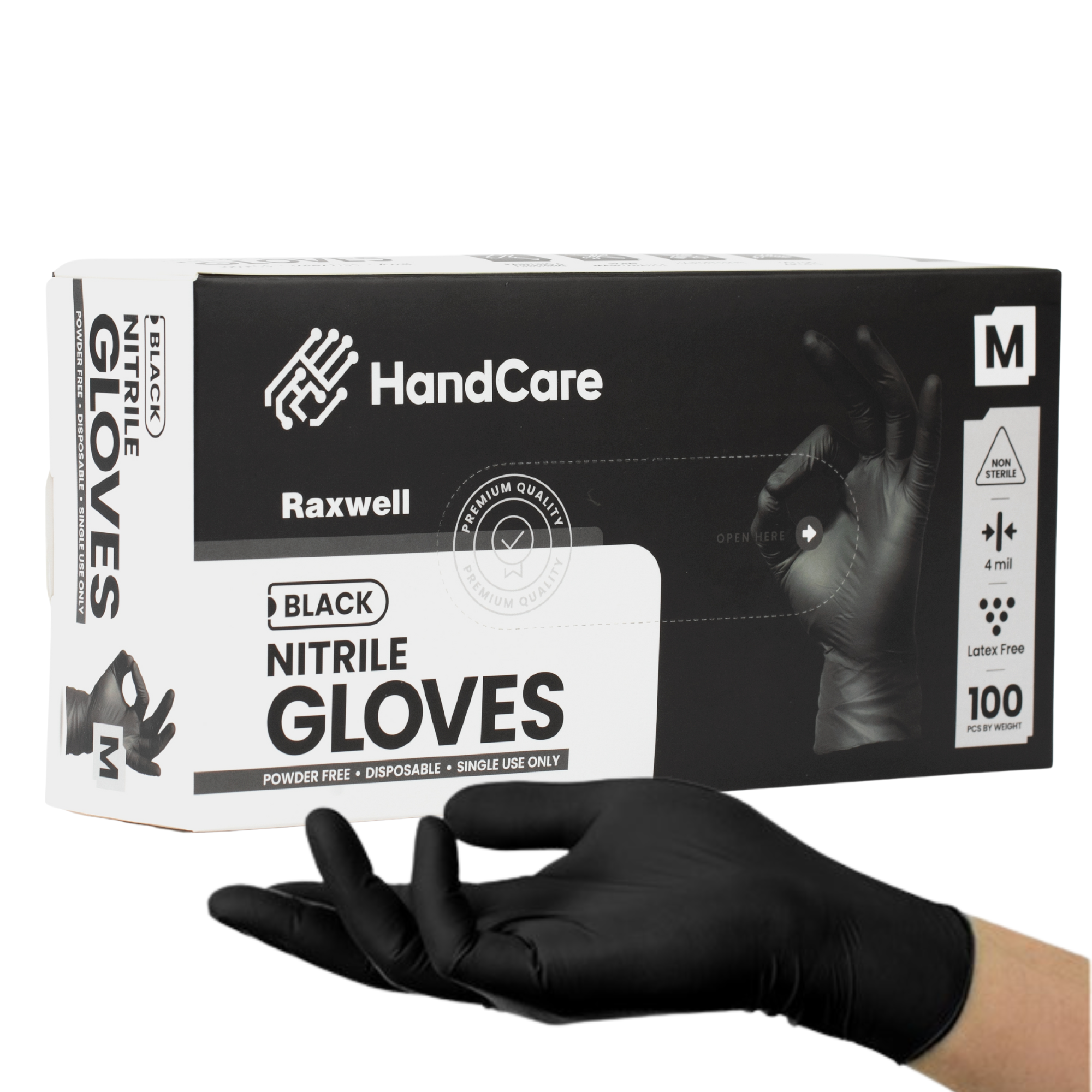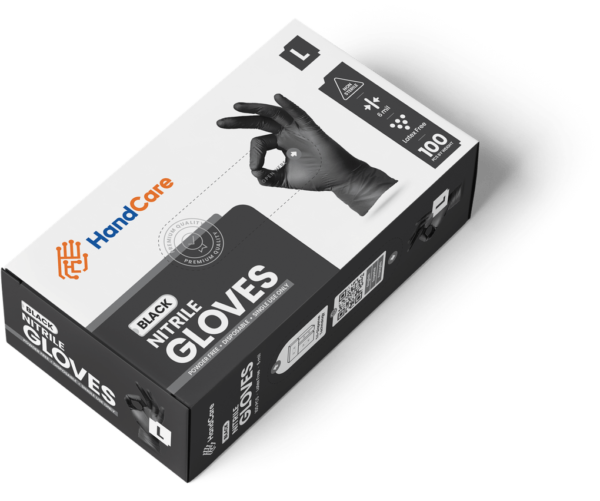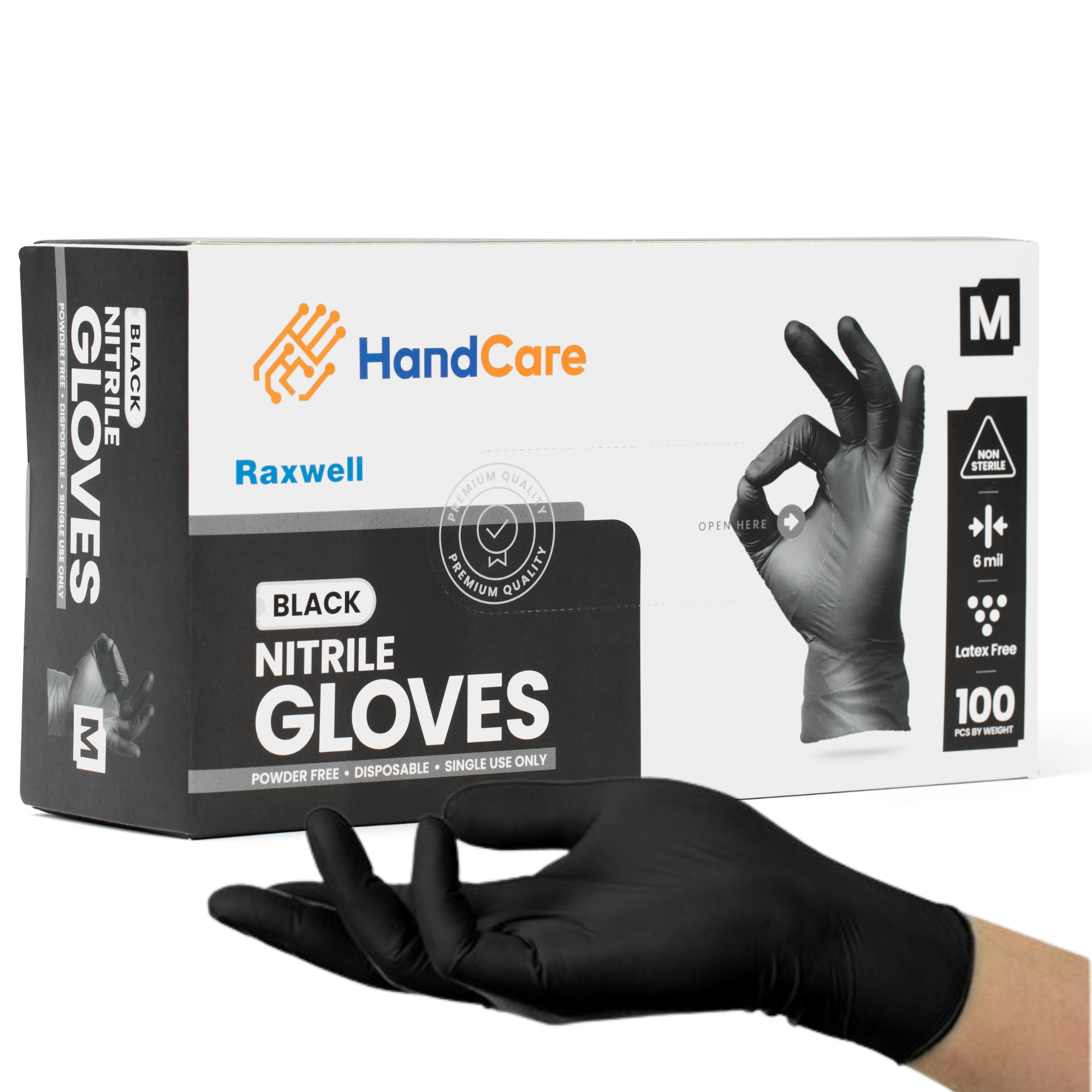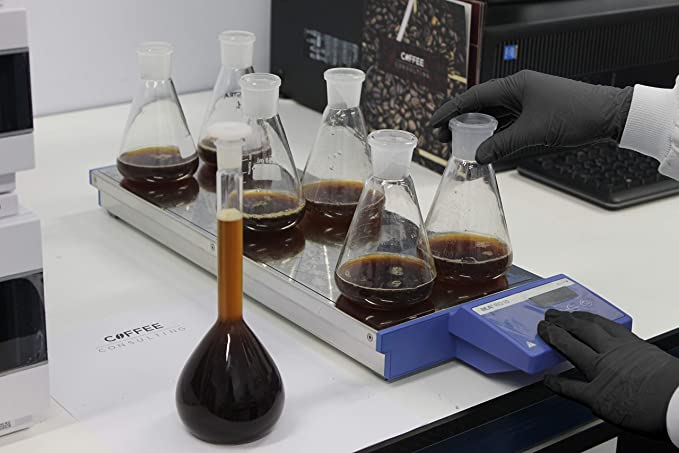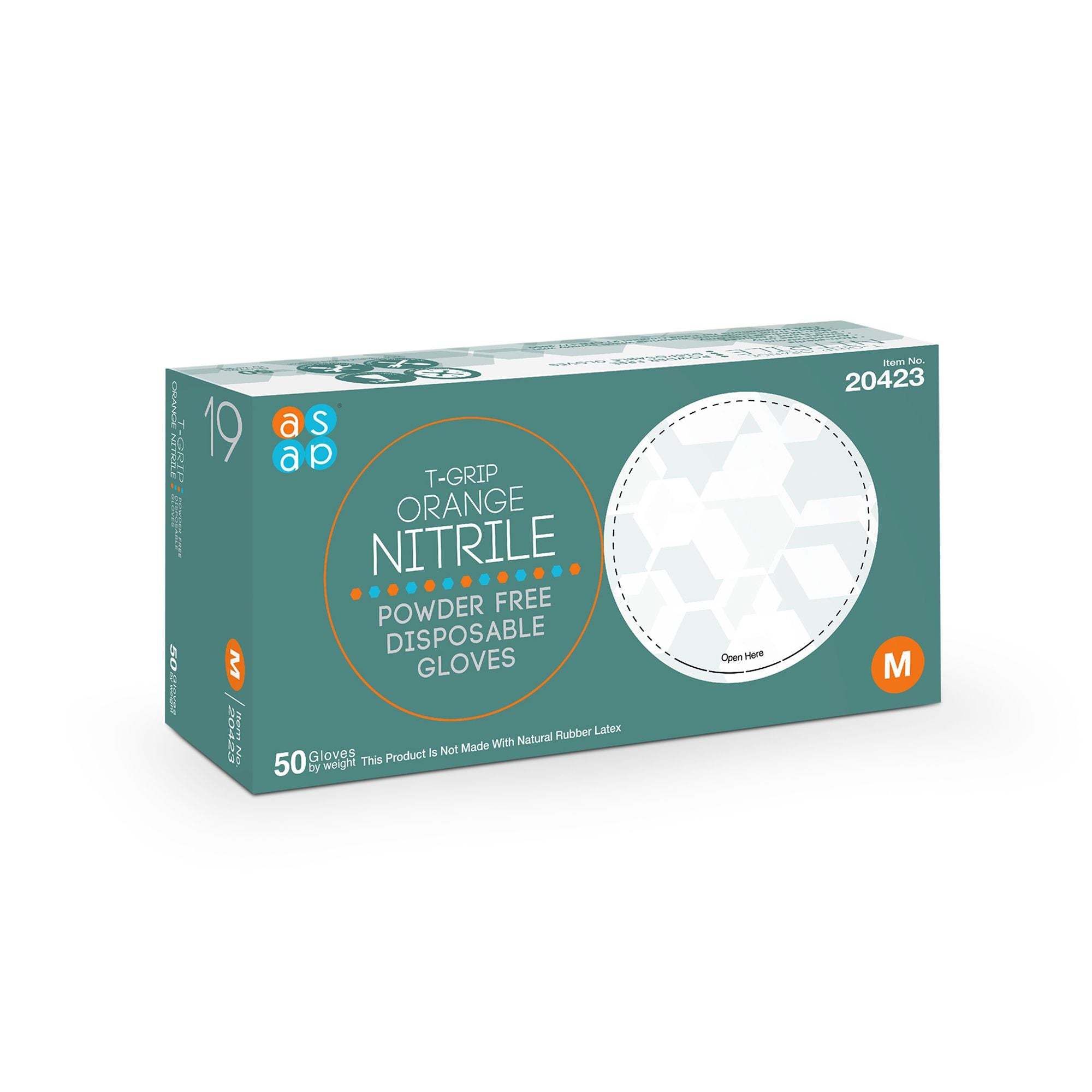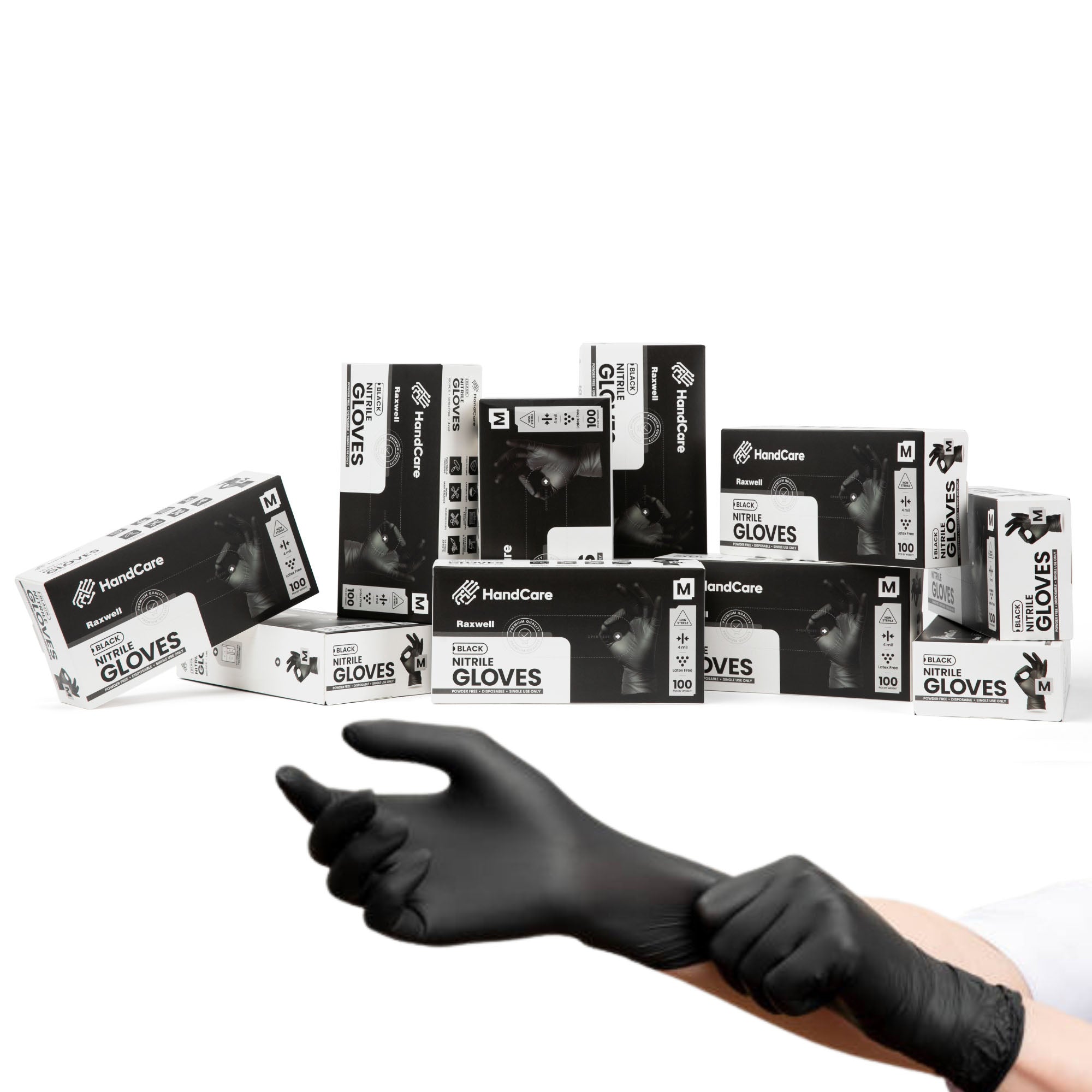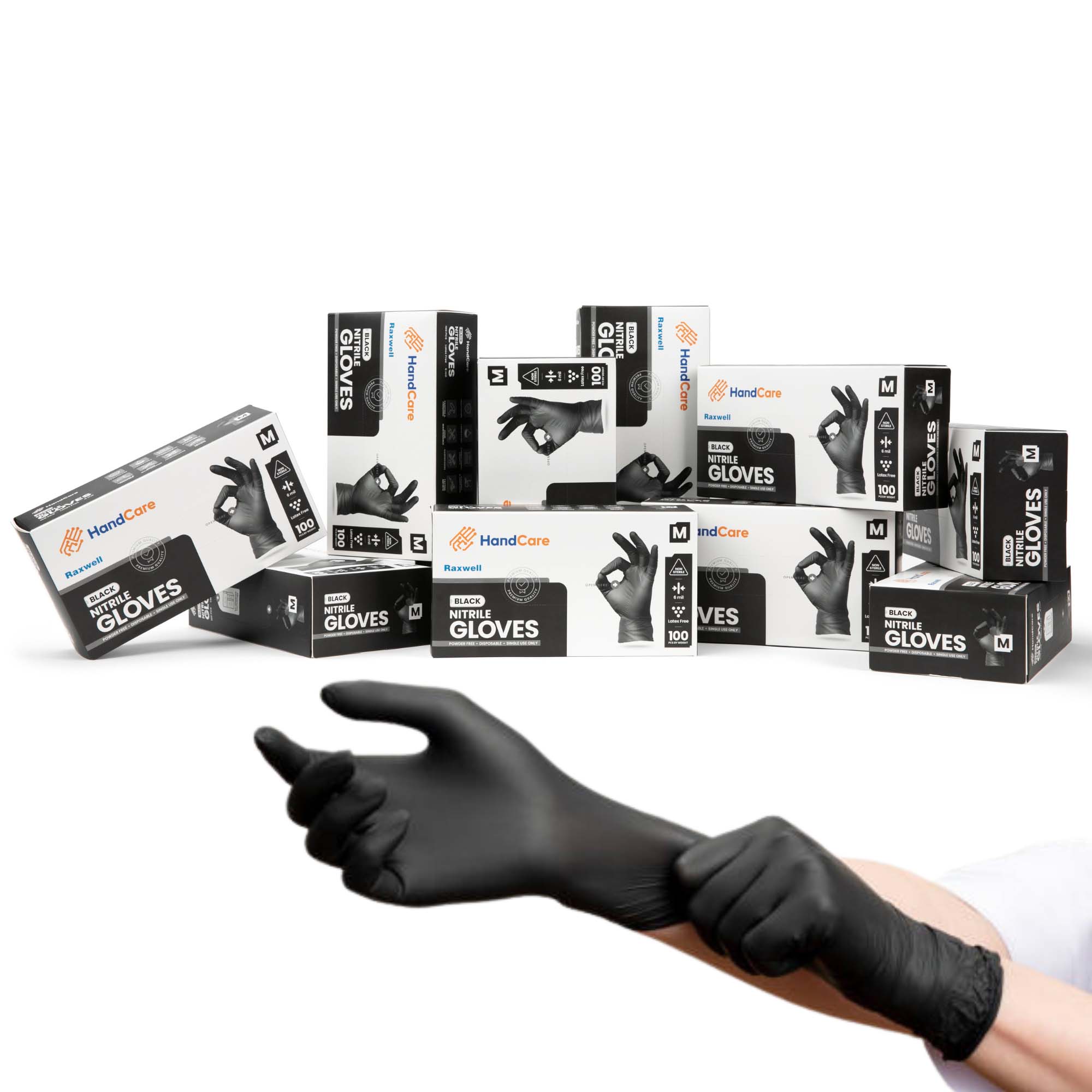Mechanic Gloves
Mechanic Gloves Best Options
After trying many different type of gloves from amazon, finally found ones with good fit and quality. Would recommend!
Good size, not too tight, not too loose. Strong material, don’t rip like others I’ve used. Recommend
These gloves are thicker and well made. They fit snug, which I like. Met my expectations and would recommend.
The automotive industry is a tough job for mechanics. And in order to do your job, you need tools--and mechanics gloves--that can safely perform when you need them most.
Our disposable gloves are made for your toughest days at work. Whether you’re looking at oil changes or major overhauls, our disposable nitrile gloves can keep up with anything you throw their way while keeping your hands comfortable until the end of the day.
What are mechanic gloves?
Mechanic gloves are a type of glove that is typically used in industrial and automotive settings. They are made from a durable and thick material that can protect the hands from cuts, scrapes, and other injuries.
Mechanic gloves are important safety gear for anyone working with their hands. They provide a layer of protection against sharp objects and debris and can help prevent injuries from occurring. Mechanic gloves also have a gripping surface on the palm and fingers, which helps to improve grip strength and dexterity.
How To Clean Mechanics Gloves
To clean mechanic gloves, it’s important to follow the manufacturer’s instructions as different gloves may require different care. For washable gloves, you can usually hand wash them in warm, soapy water and allow them to air dry. For non-washable gloves, wiping them down with a damp cloth or using a specialized cleaning solution is often recommended.
What Mil Gloves For Mechanics
When choosing the appropriate mil thickness for mechanic gloves, it generally depends on the task at hand. Gloves for mechanics typically range between 5 to 7 mils thick. Thicker gloves offer better protection and durability, while thinner gloves provide more tactile sensitivity and dexterity.
Are Mechanic Gloves Worth It
Mechanic gloves are definitely worth it, as they offer protection against cuts, abrasions, chemicals, and other hazards that are common in automotive repair. They also improve grip and help reduce hand fatigue during long tasks, making them a valuable tool for professional and DIY mechanics alike.
Why Do Mechanics Wear Black Gloves
Mechanics often wear black gloves because they hide oil, grease, and dirt, giving them a cleaner appearance while working. Black gloves are popular in the industry for this reason and also because they look professional.
Why Do Mechanics Wear Orange Gloves
Mechanics may wear orange gloves when they need high visibility for safety reasons. Orange gloves are often used in environments where it’s important to easily see the hands, such as in low-light conditions or when working around heavy machinery, ensuring greater safety.
What Gloves Should Mechanics Wear?
Mechanics should wear gloves to protect their hands from oil, grease, and other contaminants.
Gloves protect the hands from harsh chemicals and solvents that can cause skin irritation or dermatitis. They also protect against cuts and scrapes that can occur while working on a car.
There are a variety of gloves that mechanics can choose from, depending on the type of work they do. Some mechanics prefer disposable gloves, while others prefer nitrile or latex gloves. It's important to choose the right type of glove for the job, and to always wear gloves when working with harmful chemicals.
Why do Soldiers Wear Mechanic gloves?
Soldiers wear Mechanic gloves because they offer superior protection and dexterity. The gloves are made with a synthetic leather palm and an adjustable wrist closure to keep them in place. They also have reinforced fingertips and are machine-washable.
Types of Mechanic Gloves
When it comes to mechanic gloves, three types are typically available on the market. They are Cut-Resistant Gloves, Heat-Resistant Gloves, and Winter Gloves.
Cut-resistant Gloves
Cut-resistant gloves are designed to protect your hands from cuts and other injuries that can occur while working with tools or machinery. They are generally made from a tough and durable material, such as Kevlar, that can withstand sharp objects.
Heat-resistant Gloves
Heat-resistant gloves are designed to protect your hands from burns when working with hot objects or in high temperatures. They are made from a heat-resistant material, such as silicone or asbestos, which can withstand extreme temperatures.
Winter Gloves
The insulation in mechanic gloves helps keep your hands warm, while the tougher grip helps you maintain a good hold on whatever you're working with. Mechanic gloves can be used for various activities, such as construction, plumbing, or automotive repair. They're also great for those who spend a lot of time outdoors in cold weather conditions.
Things To Consider Before Purchasing Mechanic Gloves
Consider the environment where you will use the gloves.
If you are using them in an oily or greasy environment, you will need a pair of gloves resistant to oil and grease. If you are using them in a wet environment, you will need a pair of gloves resistant to water.
Consider the type of work you will be doing with the gloves.
If you are doing heavy-duty work, you will need a pair of durable and tough gloves. If you are doing light work, then you can opt for a less durable pair of gloves.
Consider the size and fit of the gloves.
You'll also want to consider the fit and dexterity of the gloves. If you're doing a lot of hand-intensive work, you'll want gloves that fit well and provide good dexterity so you can still work effectively.
Benefits of Choosing the Right Mechanic Gloves
When it comes to choosing the right mechanic gloves, there are a few factors you'll want to consider.
The most important factor is the type of work you'll be using them for. Mechanics gloves come in various styles and levels of protection, so it's important to choose the right pair for your needs. If you're working with heavy machinery or doing tasks that involve contact with hazardous materials, you'll need a tougher, more durable pair of gloves.
On the other hand, if you're just doing basic repairs or car maintenance, a less protective pair will do the job just fine. You'll also want to consider the fit and comfort of the gloves. They should be snug enough to provide good dexterity.
Where to Buy Mechanic Gloves?
gloves.com offers gloves that combine performance and comfort, featuring the fit of a classic latex glove with the durable protection of nitrile. These gloves provide excellent chemical resistance and protection from wear, tear, and punctures, while being free of latex allergens. Designed for maximum dexterity and a secure grip, they are ideal for handling grease, fluids, and tools in demanding environments.
Specifically engineered for mechanics, these nitrile gloves offer safety and durability against the hazards found in garages. Whether working with chemicals, motor oil, or engine components, mechanics can trust these gloves to provide reliable protection. Featured in top publications like Forbes and Healthcare Design, our high-performing gloves ensure peace of mind for essential workers everywhere.
Check our Buying Guide for Mechanic Gloves
Keep up-to-date with our guides and find the best glove options for your industry
Guides to help you choose

Best Gloves For Pesticides

Is There A Natural Latex
